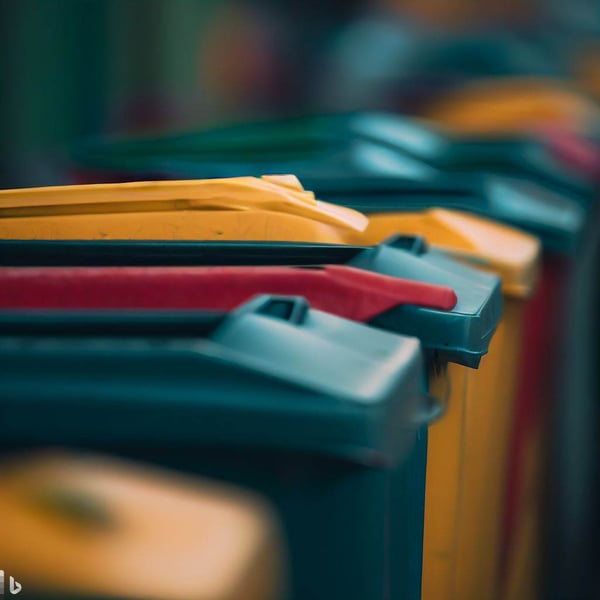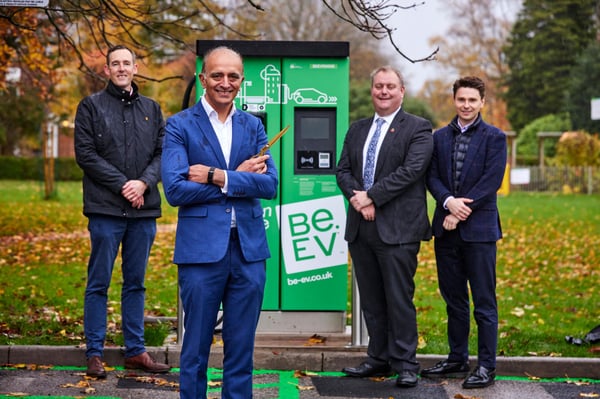Westminster City Council is rolling out a fleet of 45 zero emission waste collection vehicles (RCVs) in one of the largest decarbonisation transformation programmes undertaken by a UK local authority.
The council has invested £20 million in the project, which is set to become the UK’s largest ever electric refuse collection fleet.
The RCVs will be part of a wider fleet including 90 electric street cleaning vehicles from e-sweepers to e-bikes. The plan is for the new fleet to gradually replace the 80 diesel vehicles currently in use.
Crucially, the fleet will be powered by electricity from an energy recovery facility, generated by waste from homes and businesses across Westminster.
Cllr Paul Dimoldenberg, Cabinet Member for City Management and Air Quality, called the project “a significant moment in the evolution of sustainable council services”.
He added: "The trailblazing electrification will deliver an essential service that is quieter for residents, improves air quality in central London and reduces our fleet emissions by 50 per cent, or over 2,000 tonnes of CO2 per year.”
The project is a partnership with ecological transformation company Veolia who help ensure the waste, water and energy resources are managed sustainably.
Managing Director of Veolia UK Municipal, Pascal Hauret, said: “It’s fantastic to see our teams working together with Westminster City Council to deliver a cleaner, greener and quieter service for residents, businesses and visitors across the city.”
He highlighted the importance of the sustainability of the project saying: “Using the waste we collect to power the electric fleet is an exciting innovation because that creates a local loop of energy, using local resources to run services.”
The Waste Fleet Electrification scheme was partially funded by the Mayor’s Energy Efficiency Fund (MEEF), set up by the Greater London Authority (GLA) and managed by Amber Infrastructure. The MEEF is a collaboration between the GLA and several participating banks. It was set up to enable local authorities to access financing for green projects at reduced borrowing costs, helping accelerate carbon reduction across London







